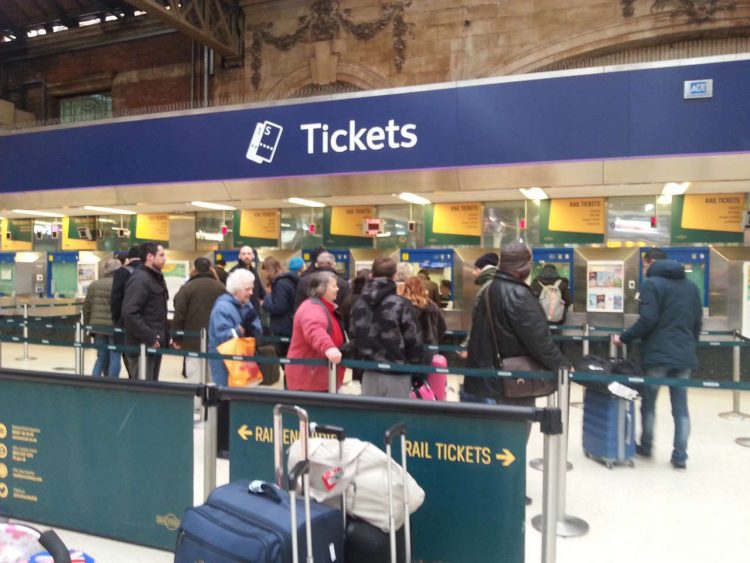According to the latest industry research, although there has been a post-Covid recovery in travel by train for work and leisure, there has been a change in travel patterns which requires a suitable response by the sector.
In 2021/22, taxpayers funded the railway with twice the amount of revenue it received from paying customers, but over the last year, there has been an increase in both passenger numbers and to a lesser extent revenues.

The latest research suggests the upward trend in commuters and business travellers curve will continue over the next three months, which will help boost the industry’s recovery that until now been led by leisure travellers.
The research shows that people want to travel by rail, which suggests that there is a bright future for rail if it can better adapt its services to better meet customer needs. Rail companies are doing that by seeking reforms in working practices that will, for example, ensure more reliable weekend services.

According to the research reveals there is an enthusiasm for rail travel, with 37% of current customers planning to use the railway more in the next three months but just 9% expecting to make fewer journeys. That suggests the industry has a bright future if it can reshape services to what the customers want. To achieve that, rail companies are looking to make reforms to working practices, such as making sure weekend travel is more reliable.

Among both current rail customers and people who choose alternative forms of transport, it is the long-running rail strikes that will affect their choice of travel over the next three months. The research data confirms that the post-pandemic recovery is at risk of being damaged by the RMT and ASLEF‘s industrial actions, which in turn threatens the industry’s future.
Other research suggests that the innovation around ticketing which is already underway in some parts of the industry, could produce benefits through an increase in journey numbers.
Around two-thirds of people said that special offers and more flexible tickets would increase their use of rail. Among the innovations already rolled out are Pay As You Go arrangements deployed by city-based transport services such as the London Underground, discounted fares offered by Southern for travel on Mondays and Fridays, and a loyalty scheme developed by South Western Railway.
Rail Delivery Group Chief Executive Jacqueline Starr said: “The rail industry was hit hard by the pandemic but train companies are responding to the evolving travel needs of existing customers and potential new ones.
“People clearly recognise that rail is the green transport choice for the future. The industry is innovating and working with our partners to make it the obvious travel option in a society transformed by covid.
“We can see that despite the challenges the industry is facing, there is potential for growth, but only if we can bring forward long overdue changes to ways of working that allow us to respond to the needs of our customers, providing more reliable and regular weekend services for leisure travellers.”





Responses